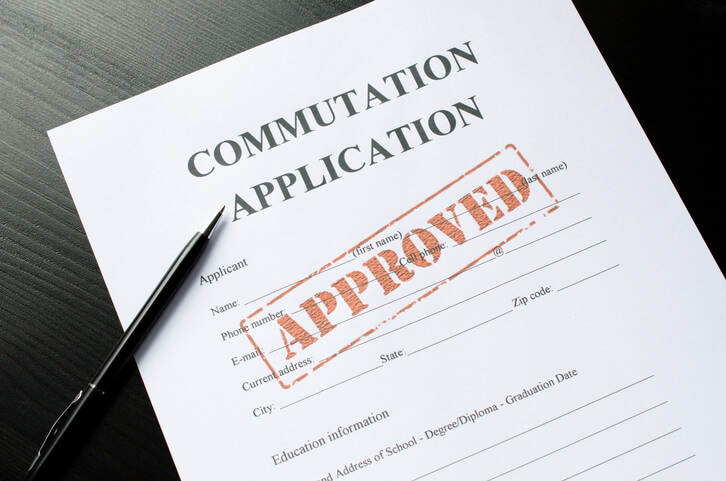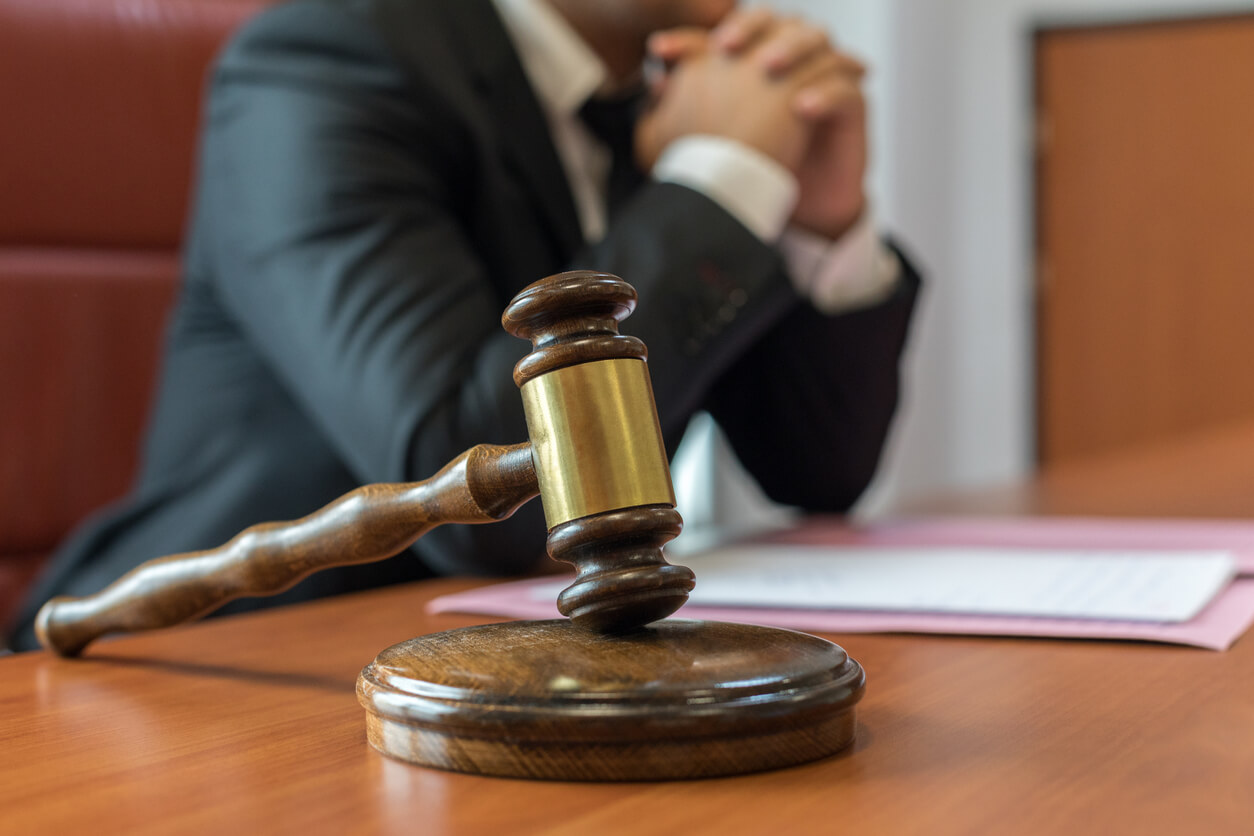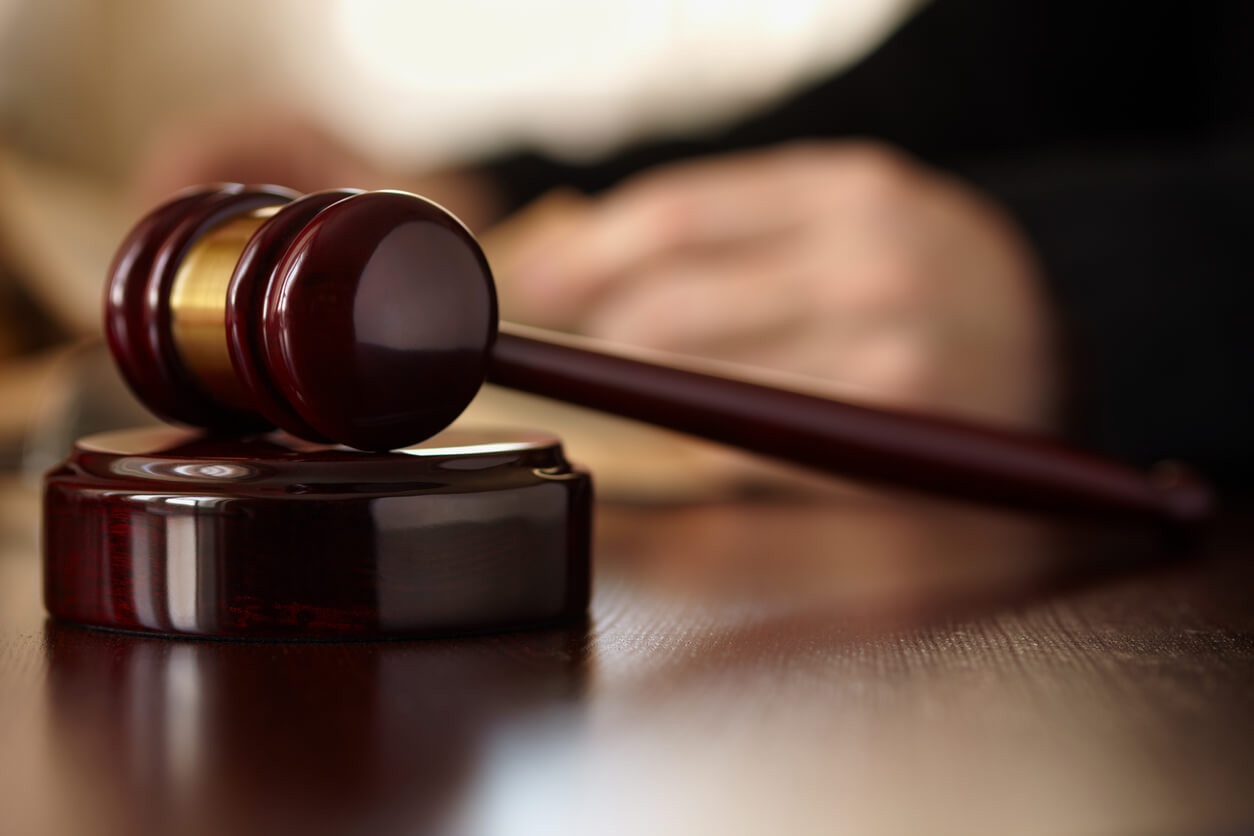You might have thought that you were merely expressing yourself and your opinions online, and then someone accused you of harassment and took you to court, seeking an anti-harassment order. What happened to the 1st Amendment freedom of speech? The 1st Amendment does protect a lot of speech. One’s speech has to cross the line into targeted harassment or stalking of someone after they have requested to be left alone to lose the protection of freedom of speech for social media postings.
A Seattle criminal defense attorney can protect your legal rights and fight against anti-harassment orders for posts on social media.
What is an Anti-Harassment Order in Washington State?
A court can issue a protection order telling you not to bother someone who claims you harassed them. This is a special kind of restraining order that can only be used in harassment cases, not other types of cases. Although this is a civil order, violation of an anti-harassment order can result in criminal penalties, and the judge can find the defendant in contempt of court.
How Long Does an Anti-Harassment Order Last?
Most anti-harassment orders last for one year from the hearing. Sometimes, the judge will make a finding that a longer term is necessary.
Can Someone Get an Anti-Harassment Order Against Me Without a Chance for Me to Testify?
Yes, a court can issue a temporary anti-harassment order against you if the person claiming that you harassed them convinces the judge that they are in immediate danger. They must show reasonable proof that you unlawfully harassed them and that, without the temporary anti-harassment order, they will suffer great or irreparable harm.
Before the person seeking the order can get a one-year order, you must get served with the temporary order and notice of a full hearing, which should take place in two weeks. You will get to tell your side of the story at this hearing.
If you do not attend or participate in the hearing, the judge can enter a one-year anti-harassment order. You will want to have an attorney present at the hearing representing you to protect your legal rights.
What Kind of Conduct Can Result in an Anti-Harassment Order?
The court will evaluate whether the situation involves a series of acts over a period of time, even if brief, that shows an ongoing purpose. The acts must not serve any legitimate or lawful purpose. The conduct must cause the alleged victim substantial emotional distress, including harassment, annoyance, and alarm, and be such that a reasonable person would suffer substantial emotional distress.
The judge will explore these factors:
- Whether the alleged victim clearly told you not to make further contact with them;
- Whether the actions interfere with the person’s privacy or create an offensive, hostile, or intimidating living environment;
- Whether a court has previously limited the contact between you and the alleged victim
These elements will be part of the determination about the lawful or legitimate purpose of the contacts.
What Restraints Can an Anti-Harassment Order Contain?
The details of the order will be up to the judge after hearing the evidence. The anti-harassment order could say that, for the next year, you:
- Cannot contact the person who claims you harassed them;
- Cannot keep the person under surveillance;
- Must keep away from the person’s home or workplace for a specific distance as stated in the order, like one mile or some other distance
The court will notify the police about the order. Law enforcement through the state of Washington can enforce the anti-harassment order.
You will want to talk to a Seattle criminal defense attorney if you get served with a temporary anti-harassment order for social media postings. Contact Jennifer Horwitz Law today.
DISCLAIMER: This post is intended to share my perspective, insights, and some general information on various aspects of criminal cases. It is not legal advice and is not intended to substitute for legal advice. You should consult an attorney to obtain legal advice for your individual situation and case.










